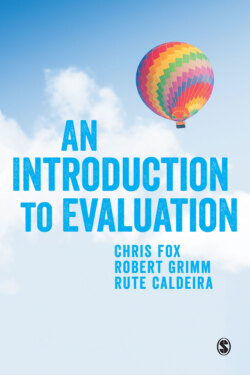Читать книгу An Introduction to Evaluation - Chris Fox - Страница 62
На сайте Литреса книга снята с продажи.
Literacy level
ОглавлениеOften it is thought that this issue only applies to ‘development’ evaluations, normally carried out in contexts where the (formal education) literacy levels of the evaluation participants are lower. However, ‘literacy’ must take on a broader sense to stand for participants’ mastery of the subject of the evaluation, and this can be particularly acute in the context of clinical studies or health-related evaluations. Tamariz et al. (2013) refer to health literacy, stating that:
A potential problem is that health literacy goes beyond just literacy to encompass an understanding of health-related processes, including the pathophysiology of disease and how to navigate the health system. Therefore, a patient or research subject could theoretically ‘teach back’ risks and benefits, but might not have good insight into the long-term implications of those risks and benefits. (Tamariz et al. 2013: 125)
It is very difficult for participants to consent to being part of an evaluation when their understanding of the issue is very limited. Likewise they can be quick in agreeing to participate without fully grasping what is involved (Kinnersley et al. 2011; Montalvo and Larson 2014). This is therefore one of the times where participants can only rely on evaluators’ intrinsic ethics, which will prevent them from taking advantage of participants in such situations and instead require them to invest sufficient time in explaining the main focus of the evaluation.
